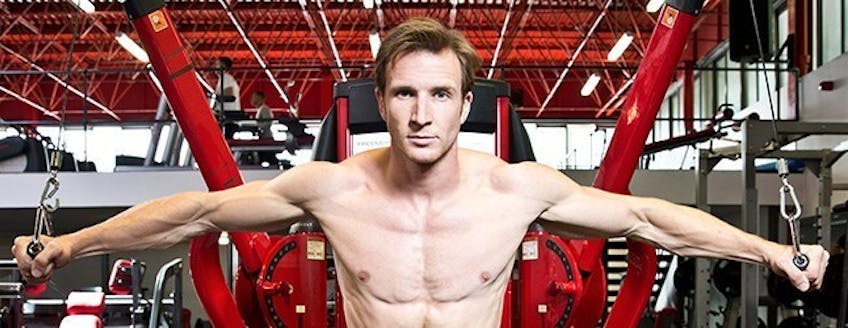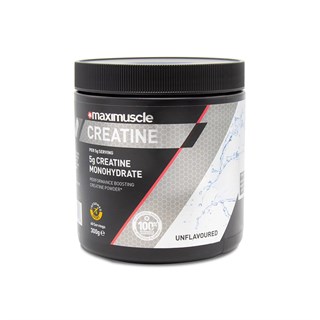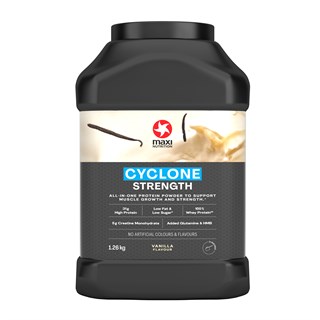Many of us go to the gym in order to achieve a particular fitness goal – some wish to build muscle; others want to ‘get fit’, whilst some individuals train for a specific event or competition. Whatever your goal/s, it is important to remember that nutrition can help assist in achieving these goals.
Here are our top tips to nutrition and the gym:
Strength:
- Regular (approx. every 3 hours) protein feeding is recommended to helping to rebuild muscle after strength training.
- Quality lean protein sources such as chicken, turkey, oily fish will help aid muscle rebuilding.
- Research has shown that approx 1g – 2g per kg of body weight is needed to optimise muscle rebuilding. So, for a 70kg individual, 1.2g per kg of body weight, would equate to 84g a day of protein.
- In order to optimise muscle protein this should be spaced out to approx. x4 20g feedings throughout the day.
Endurance:
- Carbohydrate is the body’s main source of fuel during endurance-based events.
- During heavy-training phases the need for carbohydrate fuelling may increase.
- Day-to-day it is important to include sources such as wholegrain options, fruit & vegetables and beans/grains in your diet as these foods can provide excellent sources of fuel.
- When training for endurance events it is important to fuel beforehand whilst undertaking the event – through carbohydrate loading.
- During an endurance event, research suggests the optimal intake of carbohydrate is 30g – 60g per hour (this is highly variable from person to person) and can come from sources such as carbohydrate gels, drinks and sugary snacks such as jelly beans.
Cross-Fit
- Cross-Fit is designed as a high-intensity intermittent exercise and as such correctly fuelling this exercise is important. Therefore adequate carbohydrate intake is necessary.
- There is very limited research in optimal nutrition for Cross-Fit, on the limited data that is available; it appears that being correctly fuelled through sensible carbohydrate sources is adequate to maintain performance.
- Recovery from Cross-Fit exercise is important and consuming a lean protein source coupled with a carbohydrate source post-exercise will help aid refuelling the body and the rebuilding of muscle.
- Consuming milk immediately after Cross-Fit may help to enhance recovery. Research has shown drinking after milk after exercise may enhance muscle rebuilding post-exercise and decrease an athlete’s perceived muscle soreness.
In summary, it is important to consider your nutrition when undertaking any gym training. Taking in to account these tips should be a ‘starting point’ to tailoring your nutritional intake. Always remember that any nutritional intake should match your training goals and match your lifestyle accordingly.
















